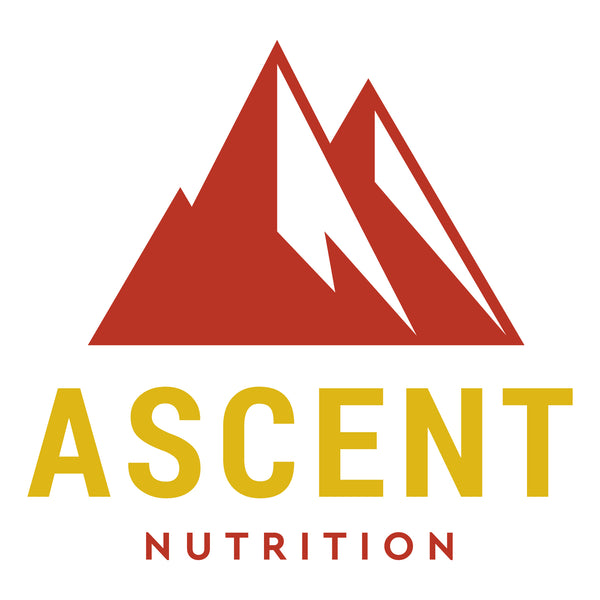At the core of pine needles' health benefits lies their rich nutritional profile. Pine needles are packed with essential vitamins (including vitamins A and C), minerals, and potent bioactive compounds such as shikimic acid, various other plant acids, aromatic compounds (essential oils), proanthocyanidins, free radical scavengers, and flavonoid glycosides [1] [2] [3].
The diverse pine needle nutritional profile supplies a multitude of compounds that work together to produce broad-spectrum health-supportive benefits throughout the body. Some of the key compounds found in pine needles include:
Shikimic Acid:
Shikimic acid is a unique phytochemical found abundantly in pine needles that serves as a precursor for many important compounds [4]. Many pine needle pollen health benefits are linked to this compound.
Shikimic acid facilitates the biosynthesis of aromatic amino acids like phenylalanine, tyrosine, and tryptophan. These amino acids serve as precursors for key metabolites.
For example, tyrosine is needed for the formation of L-DOPA, norepinephrine, and epinephrine, while tryptophan is converted to serotonin and melatonin. Shikimic acid’s role as a molecular building block for these essential metabolites makes it valuable for supporting lung health, immune system health, brain health, respiratory function, and overall wellness.
Vitamin A:
Pine needle tea or extract is rich in Vitamin A, which may promote eye health, support a healthy immune system, encourage healthy-looking skin, support bone health, and support a healthy reproductive system in both men and women [5].
The wide-ranging benefits of this versatile vitamin make it an important nutrient obtained from pine needles.
Vitamin C:
One of the most important compounds in pPine nNeedle’s nNutrition profile is Vitamin C (ascorbic acid). It’s believed that pine needles contain 5X the concentration of Vitamin C found in lemons.
Vitamin C is a free radical scavenger with several health-supporting benefits for a healthy immune system, cardiovascular system, brain function, and respiratory function.
The multifaceted health benefits of vitamin C make it a critical pine needle nutrient.
α-Terpineol:
Alpha-terpineol is a monoterpenoid compound found in pine essential oils that has been shown to have free radical scavenging properties. It also supports a healthy inflammatory response and promotes healthy respiratory function.
Through these mechanisms, alpha-terpineol provides multi-faceted support to help maintain a healthy environment within the body.
β-Pinene and α-Pinene:
Beta-pinene and alpha-pinene are monoterpene compounds that are abundant in pine trees.
As powerful free radical scavengers, these pinene molecules support the body’s natural ability to combat oxidative damage from free radicals and reactive oxygen species. This helps support healthy inflammatory processes, as oxidative stress can trigger unwanted inflammatory signaling cascades.
Additionally, research shows that beta-pinene and alpha-pinene may help promote healthy respiratory function, support brain health, and support a healthy immune system through several mechanisms [6].
Other bioactive compounds linked to pine needle benefits include β-Phellandrene, D-Limonene, Germacrene D, 3-Carene, Flavonoid Glycosides, and Caryophyllene.

